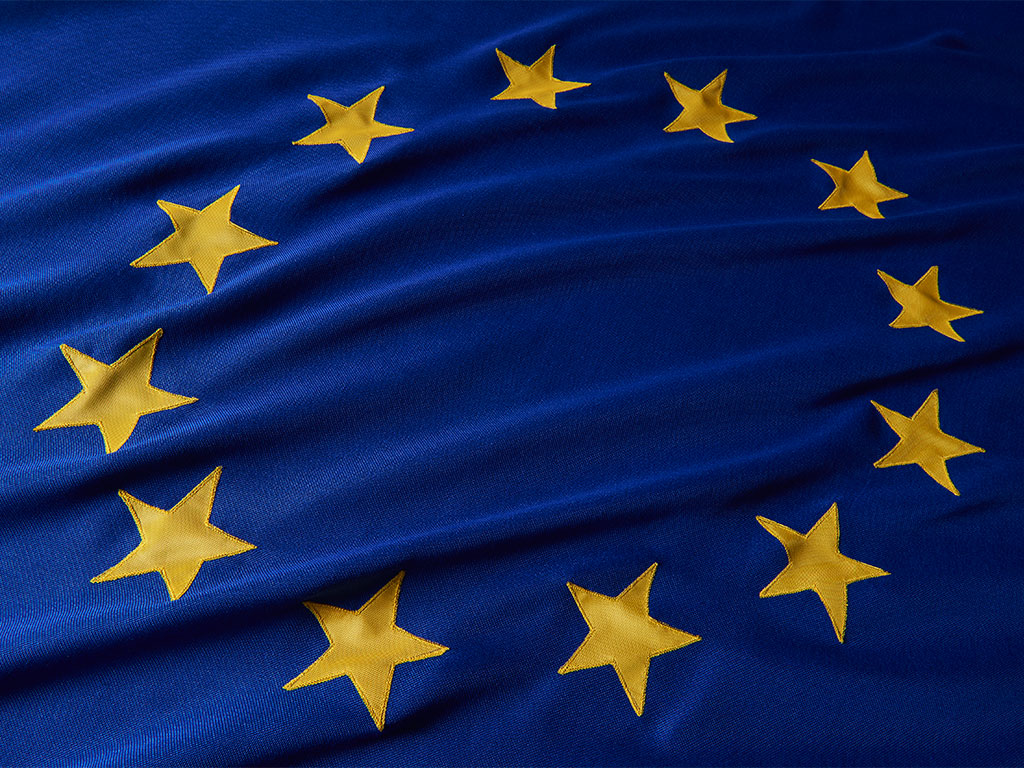
According the European Commission’s winter forecast, member states are set to face a number of internal and external challenges that pose a significant risk to economic growth this year.
Depressed oil prices and the euro’s depreciation in value are going to help support growth rates in the EU, with consumers benefitting from cheaper petrol prices and European exports becoming more attractive.
However, the commission is concerned that the economic slowdown in China and the knock-on effect that is having on emerging market economies, as well as global trade in general, will impact Europe’s growth rates.
The weaker global environment poses a risk and means we must be doubly vigilant. There is more work to do to strengthen investment
“We have to remain attentive”, said Valdis Dombrovskis, vice-president for the euro and social dialogue. “Europe’s moderate growth is facing increasing headwinds, from slower growth in emerging markets such as China, to weak global trade and geopolitical tensions in Europe’s neighbourhood. It is important to continue structural reforms that can help our economies grow, withstand shocks in the future, and improve job opportunities for our population.”
Despite these challenges, eurozone growth is expected to rise by 1.7 percent in 2016, up from 1.6 percent the year previous, with the commission predicting that to increase to 1.9 percent in 2017. Overall, EU economic growth is predicted at 1.9 percent, with that figure rising to two percent next year.
“The European economy is successfully weathering new challenges this winter, supported by cheap oil, the euro rate and low interest rates”, said Pierre Moscovici, commissioner for economic and financial affairs, taxation and customs. “Nonetheless, the weaker global environment poses a risk and means we must be doubly vigilant. There is more work to do to strengthen investment, enhance our competitiveness in a smart way and complete the job of fixing our public finances.”

